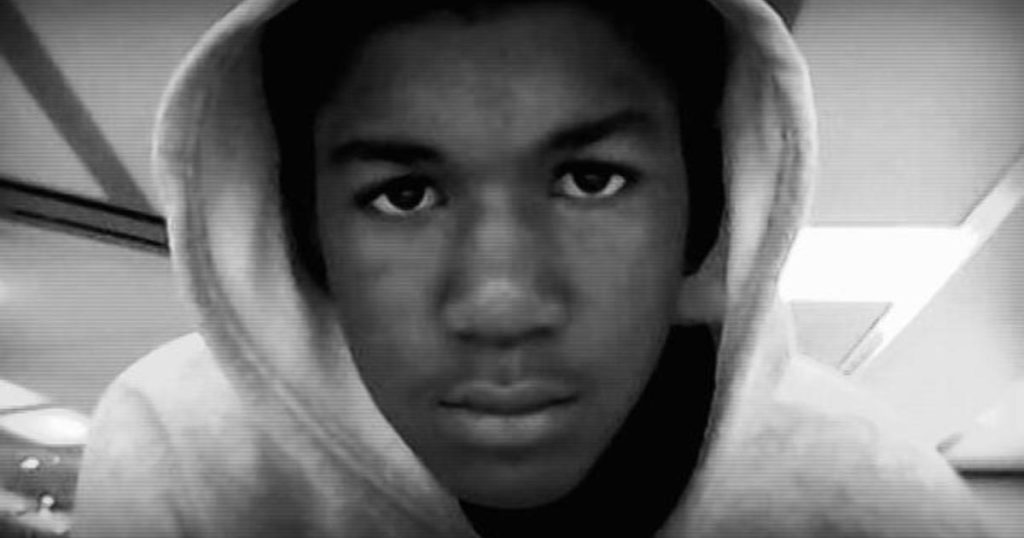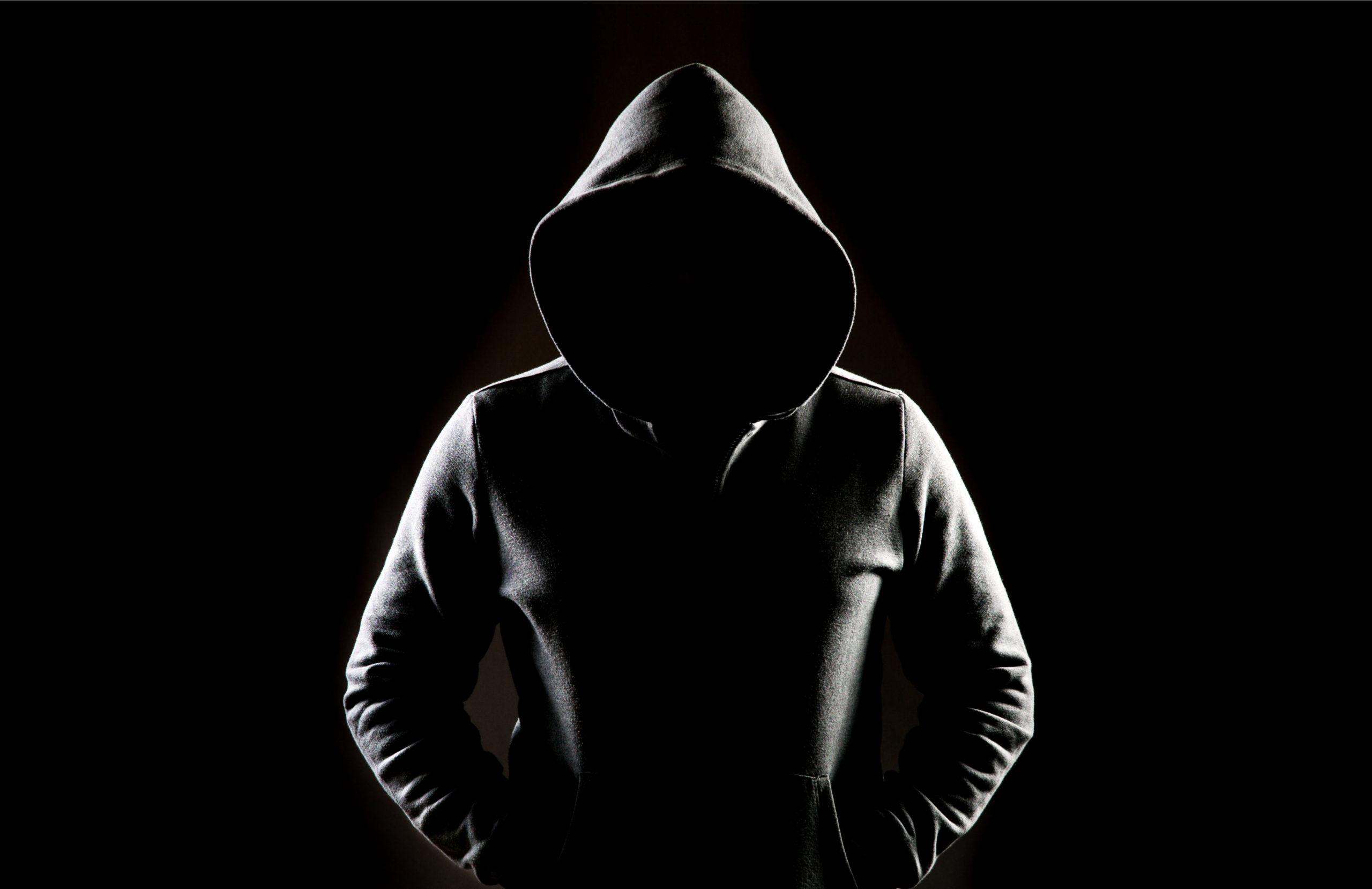From the beginning of time, man has understood the nature of extinction on Earth. From the dinosaurs of 65 million years ago to the African white rhino today, an untold number of species have faced and then become extinct. Using the qualifications to determine when a species is under the threat of becoming extinct, Black males from the ages of 15 to 35 are in deep trouble and qualify as a threatened species.
With the beginning of desegregation, the Black male has seen a steady decline in the number of what societies would consider being a certified heterosexual males able to sustain a family and procreate with a female. If any species is going to survive, there needs to be a thriving population of males and females attempting to mate and maintain the species.
The heterosexual Black male has been under attack from American society for over seventy years and is now at the point where extinction is a real threat. While every other species of male in America has sustainable numbers to procreate and continue to populate their species with offspring, the Black male deals with multiple threats killing off their numbers making it difficult for Black females to find a suitable mate to conceive a child with, maintain a family, and re-populate the species.
The threats to the Black male come from a considerable number of factors that, combined, are killing the species, and driving down the number of qualified men able to perpetuate the species. Those threats consist of:
· Racial Profiling
· Poor living conditions
· Lack of structured family (no male in the home)
· Lack of quality education
· Mental health issues
· Biased judicial system
· Lack of opportunities
· Organized discrimination
These factors are typically responsible for the struggle that Black males face — and quite often, work in conjunction with each other. This mixture makes it almost impossible to excel and thrive to a viable age to find, mate, procreate and maintain a meaningful quality of life.
RACIAL PROFILING
Black males are racially profiled by the police at nearly twice the rate as other races in America. The profiling of Black men creates a complex of anger, fear, and hatred toward figures of authority. This clear mental stress often leads to bad decisions, false arrests, and anxiety which are the beginning blocks of reducing the number of Black males that make it to age 35.
Adding to the problem of racial profiling is the increased number of Black men who enter America’s biased court system. Once profiled, Black males experience a higher number of engagements with the court that do not produce a favorable outcome. Once in the court system, Black males experience higher rates of imprisonment, felonies, increased fines, and often receive sentences three times higher than their White counterparts.
Biased sentences mean that Blacks are incarcerated longer, making it harder to re-enter the population and find gainful employment.
“There is a real problem in the American Justice System for Black men,” Ed, from Warrensville, said. “When we talk about the mental state of Black men, they suffer from unknown diagnoses due to the kind of struggles they experience while just trying to survive in America, and we are not talking about this situation.”
MENTAL HEALTH
All Black parents understand the anxiety of raising a Black male in America. The stress of protecting Black boys is a struggle at any age, but when they reach the delicate age of fifteen, the pressure dials up and the dangers become very real.
America’s fear of the Black male is understated. No other group of people is hunted, denied, dismissed, overlooked, accosted, and limited like Black males are in America. Black males suffer from educational bias, work bias, opportunity bias, and are violently policed like no other citizens in this country.
The stress of living under these conditions leads to all kinds of health conditions. It is estimated that most Black men suffer from anxiety and stress for twelve years before they are diagnosed and prescribed a remedy. Diabetes, hypertension, high blood pressure, and stroke are all possible outcomes of living with prolonged levels of stress. Then there is the emotional toll that can lead to mental/emotional issues.
LACK OF QUALITY EDUCATION
Black males consistently face reduced or poor educational options when growing up. The problem is impacting colleges around the country with a lack of qualified students entering programs and graduating.
For many students, those disparities begin in K-12 classrooms. For example, one county in the Washington DC area found that 64 percent of White third-grade boys were proficient in English Language Arts, compared with about 34 percent of Black boys and 25 percent of Hispanic boys in the same grade, according to state data from 2019. Data from the Office of the State Superintendent of Education shows that in the district, nearly 90 percent of White students graduated high school in four years. That number fell to about 71 percent for Black students and roughly 70 percent for Hispanic children.

“They are more likely to drop out of high school and be involved in the criminal justice system. They are more likely to suffer the effects of poverty and less likely to find quality career opportunities with professional advancement,” said Carol Thompson Cole, president, and chief executive of Venture Philanthropy Partners+Raise DC, which hosted a panel discussion on Howard University’s campus. “We also know that they suffer from racially charged stereotypes and embedded inequities.”
So much more needs to be done if we are going to help our Black males get better grades.
POOR LIVING CONDITIONS WITH A LACK OF MALE ROLE MODELS
American culture is seeing a decline in the typical family where there are a mother, father, and children living under one roof. In the Black community, there is an increased occurrence where the ideal family structure of having a male in the home is decreasing annually. This is especially a problem for Black males because of all the external societal threats they experience.
With no guidance from a same-sex parent or parental figure, Black boys typically have no viable example of how to become a successful Black man. Black mothers do an incredible job at filling in the gaps but will often find themselves limited in options once young boys get to age fifteen. Studies find that it’s at this age when boys grow in confidence and experience adult-like racism.
Those conditions often lead to bad decisions, unguided and misguided behavior, and often poor outcomes that cannot be reversed when authorities are included.
ORGANIZED DISCRIMINATION
After the age of twenty-two when Black males have entered the population to seek and find gainful employment is when life can become especially difficult. Blacks continue to be denied loans, jobs, rental options, assistance, and opportunity at all levels of society. There are unlimited examples of how Blacks, and Black males, experience bias.
These situational occurrences of discrimination make it extremely hard to create an environment where they can support a family, maintain a home, and become a viable partner for the Black female. The relationship between the Black male and female suffers due to his inability to contribute in the traditional way that society has come to expect a man to be in America.
This inability leads to a reduced number of marriages, which decreases the number of offspring being born, thus creating a vicious cycle that continues to attack the Black male’s viability and success in procreating. If change is going to happen, it needs to happen now.
In our next issue, we will examine what can be done to change the patterns that have impacted the development of Black males for decades.●


